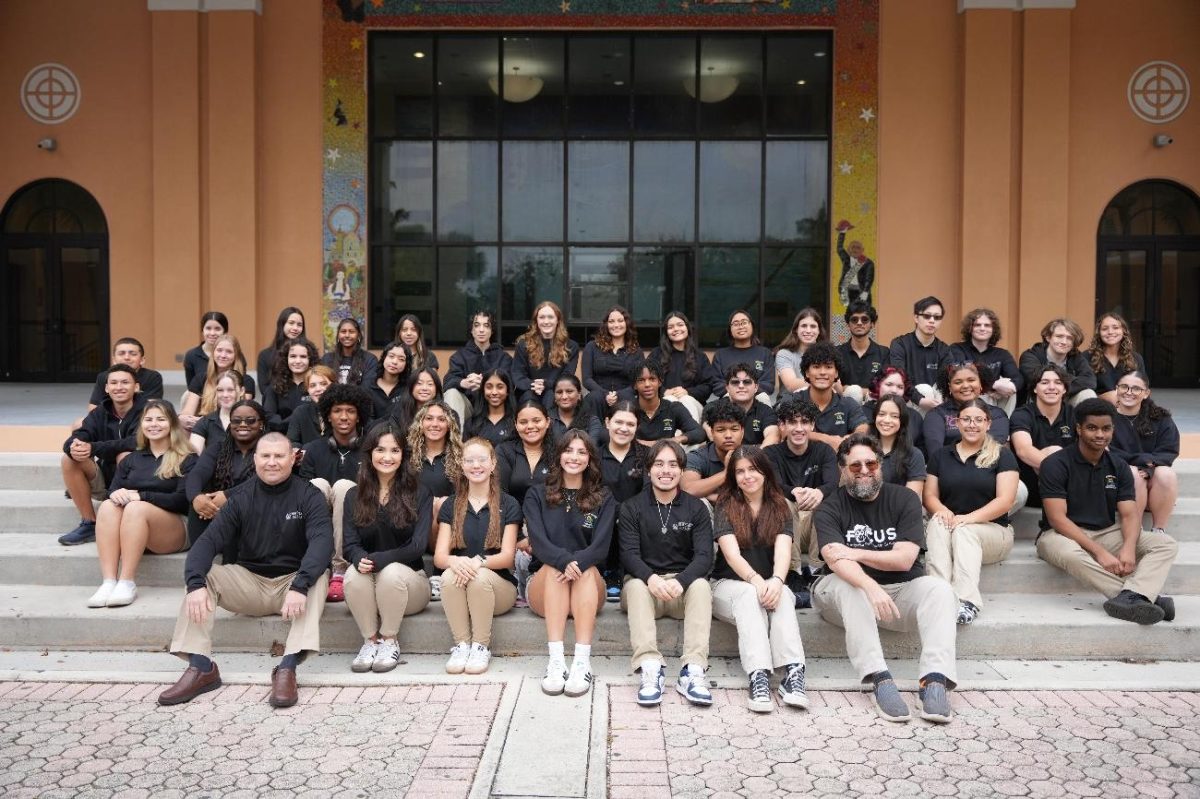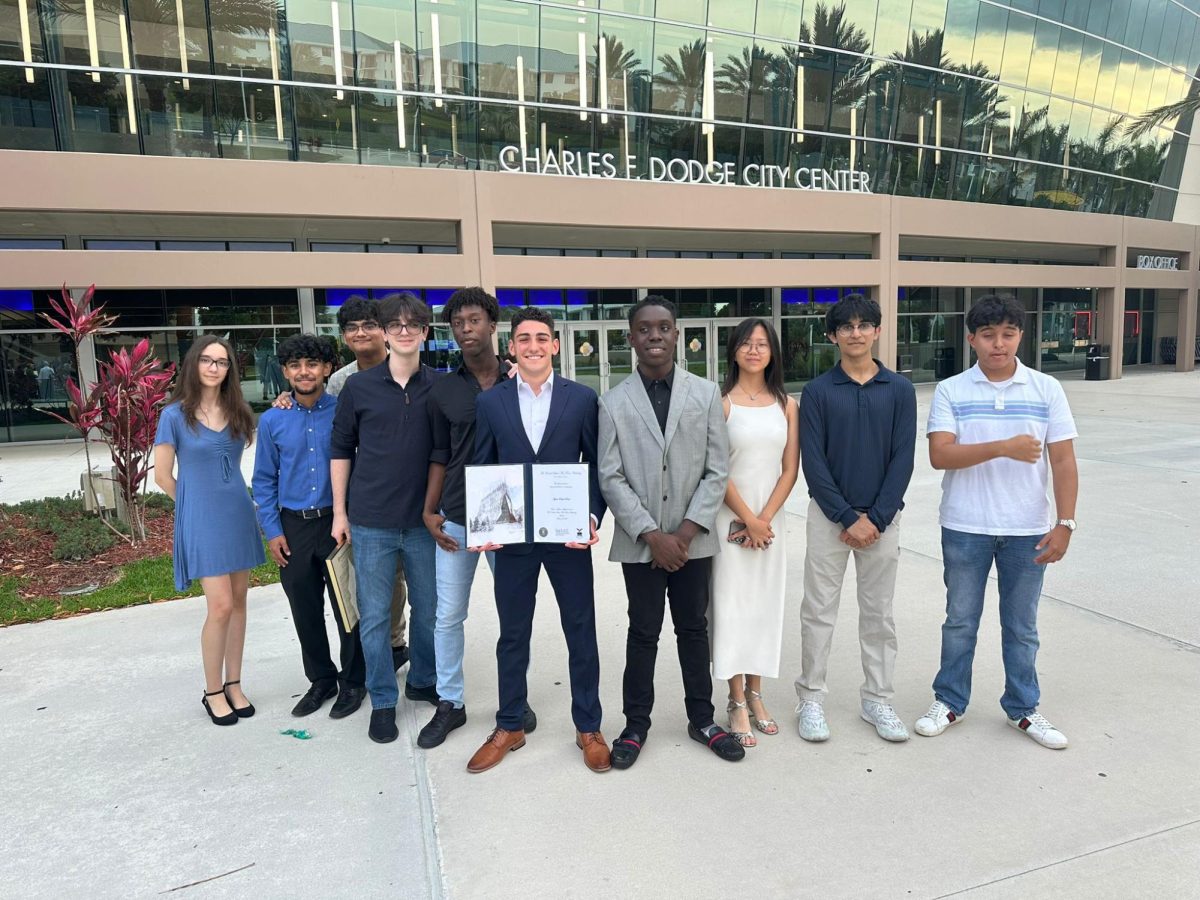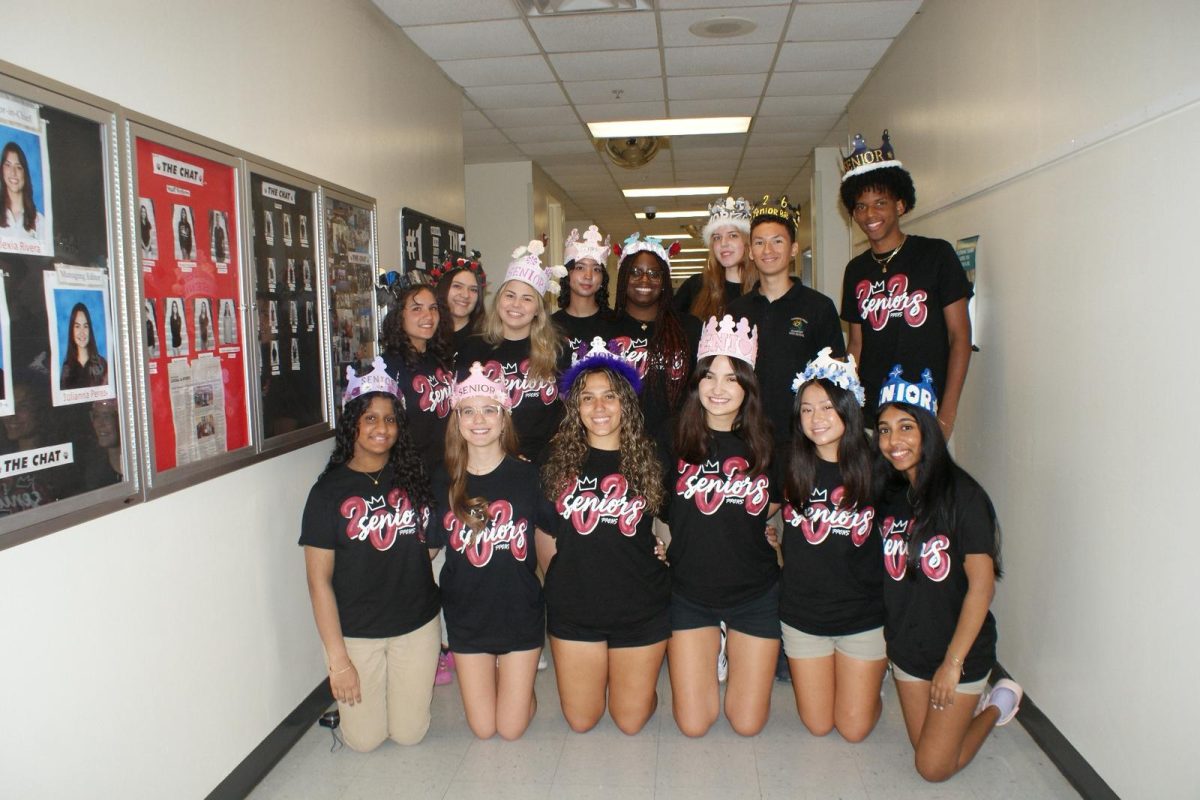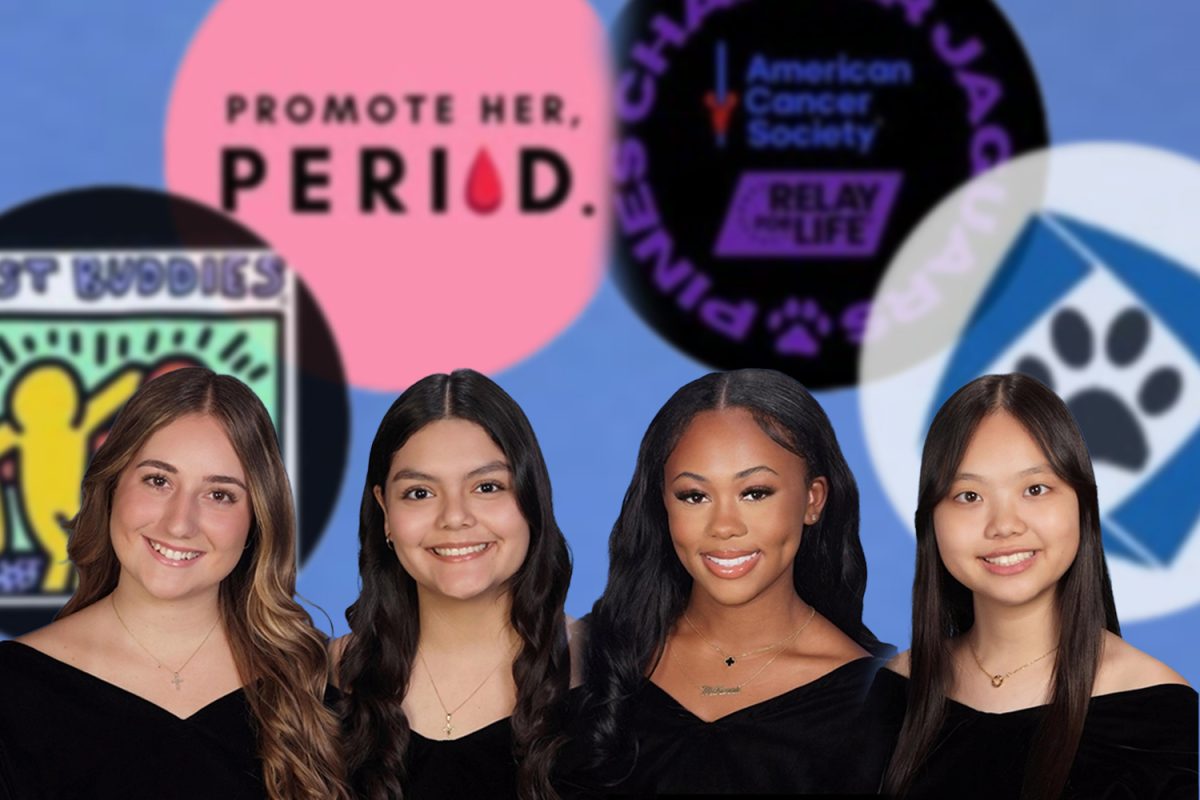As spring flowers begin to bloom and the cold fades away, the contributions of women not only from all around the world today but also from the past begin to be recognized once again. It is undeniable that women have an impact every month, but with the arrival of blooming flowers comes a unique kind of inspiration that awakens the childlike spirit in everyone. Although we leave behind winter breezes and midnight hot chocolates, we must also remember and honor the historical significance of women as we enter the month of March.
The month of March does not only bring beautiful spring flowers; it also serves as a period where people honor the fight women put up to get this very month. Sophomore Evelyn Varghese expresses, “I love [Women’s History Month] because I love all the empowering women that have worked hard.” For centuries, women’s participation in history was overlooked: early history texts often excluded them altogether aside from accounts of powerful figures like queens. Bringing attention to these powerful heroes who have made significant contributions—from women’s rights activists and pioneers of racial equality to inventors, scientists, and world leaders—can inspire hearts across society.
From Sojourner Truth—an African-American abolitionist and women’s rights campaigner who gave her famous speech “Ain’t I a woman?”—to Jane Goodall—an English primatologist and anthropologist who studied the behavior of chimpanzees, the timeline for Women’s History Month stretches back to even before the United States’ founding. Taking place for the first time on March 8, 1911, the actual celebration of Women’s History Month was organized by the school district of Sonoma, California, in 1978.
Although women are still often faced with blatant discrimination based on sex, real progress has been made. Like Eleanor Roosevelt, a political figure, diplomat, activist, and First Lady, once said, “Women are like teabags. We don’t know our true strength until we are in hot water.”
Here are a few of the many inspirational women throughout history who have made a significant impact on our world:
Influential women pioneers in medicine, science, and math
Ada Lovelace (1815-1852)
An English mathematician who is credited as the world’s first computer programmer for her notes on Babbage’s Analytical Engine. Her efforts are known as the first description of computer software.
Florence Nightingale (1820-1910)
Also known as Lady with the Lamp, was a British nurse and founder of modern-day nursing. During the Crimean War, she tended to wounded soldiers for hours during night-time. In 1860, she opened London’s first science-based nursing school.
Marie Curie (1867-1934)
Made significant contributions to science by discovering two new elements – polonium and radium – and championing radiation’s use in medicine. She became the first woman to win a Nobel Prize in 1903 and again in Chemistry in 1911.
Rosalind Franklin (1920-1958)
Played a pivotal role in advancing our understanding of DNA through her discovery of its molecular structure using X-ray diffraction methods.
Influential activists
Eleanor Roosevelt (1884-1962)
First Lady of the United States, known for being outspoken and involved in women’s issues.
Angela Davis (1944-Present)
She has been at the forefront of leftist causes including feminist movement advocacy and prison abolition efforts for over half a century despite being wrongfully imprisoned by California state authorities from 1970 until her release over a year later.
Malala Yousafzai (1997 – Present)
At the age of 15, survived an assassination attempt by the Pakistani Taliban and went on to become the youngest individual to receive a Nobel Peace Prize at 17 for her activism in promoting equal rights for women and girls.
Maya Angelou (1928–2014)
A poet, singer, and civil rights activist whose 1969 autobiography ‘I Know Why The Caged Bird Sings’ made literary history as it was the first nonfiction bestseller written by an African American woman. During her life, she wrote over 36 books, including several collections of poetry, and recited one of her poems at President Bill Clinton’s 1993 inaugural ceremony.
Famous female politicians
Shirley Chisholm (1924-2005)
She became the first Black woman elected into Congress in 1968. Later she entered the 1975 Democratic presidential race as both the first woman and first Black American candidate.
Influential actresses and entertainers
Ella Fitzgerald (1917-1996)
Made history in 1958 by becoming the first African American woman to win a Grammy. She collected two awards that year: Best Individual Jazz Performance and Best Female Vocal Performance.
Audrey Hepburn (1929-1993)
A dedicated supporter of children’s rights. Shortly after being appointed as a UNICEF Goodwill Ambassador in 1988, she embarked on a humanitarian mission to Ethiopia, where prolonged drought and internal conflict had led to devastating famine.









